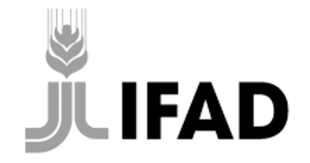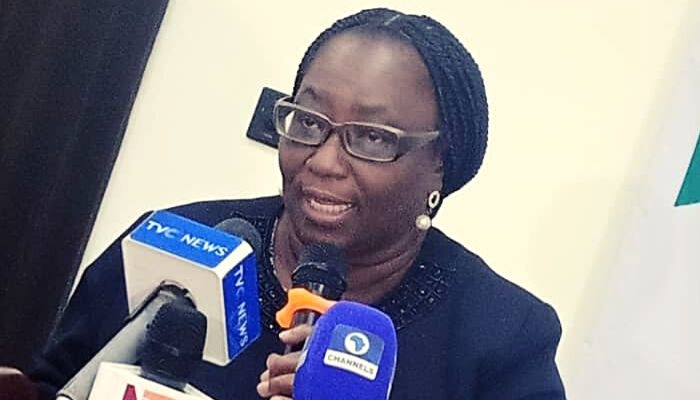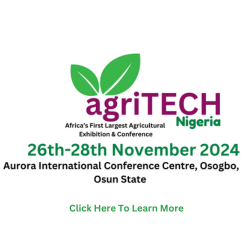
The Federal Government and the International Fund for Agricultural Development (IFAD) have begun annual review of Nigeria Country Strategic Opportunities Programme (COSOP) from 2024 to 2029.
Dr Dede Ekoue, IFAD Country Director, spoke on Thursday, December 19, 2024, in Abuja at the COSOP review.
She said it was aimed at promoting inclusive and resilient growth of rural economy through market-driven, agri-food system transformation for food and nutrition security for 1.2 million beneficiaries.
COSOP is the framework of cooperation strategy between IFAD and government for IFAD financing and facilitating management for results.
The 2024 to 2029 COSOP was designed through intensive consultations with stakeholders in each geopolitical zone under the leadership of Federal Ministries of Agriculture and Food Security and Finance approved by the IFAD Executive Board in April, 2024.
Ekoue said the beneficiaries included smallholder farmers and entrepreneurs, particularly women and youth, Internally Displaced Persons (IDPs) and Persons with Disabilities (PWDs).
She said the annual review would help to highlight some key results of the strategy for the year and also serve as a platform to reflect on the way forward.
Ekoue said digital solution in line with the National Agricultural and Technology Innovation Policy (NATIP) would be scaled up in the new COSOP.
“2024 to 2029 COSOP is aimed at strengthening gender equality by moving from gender mainstreaming to gender transformation.

“It will also strengthen gender equality in leadership and managing workloads; nutrition is a key feature of the new COSOP.”
She said the new COSOP had supported training on good practice, technology and climate resilience, as well as full input and other material supports.
“COSOP has helped to support no fewer than 74,000 farmers and agro-entrepreneur in boosting their production capacity and their productivity through access to training, input and other equipment.
“Focus is put on climate resilience which has a significant impact on the agro-productivity and food system in general.
“The COSOP was also instrumental to reaching out to 20,000 persons in rural area to access financial service and helping 10,000 beneficiaries to access financial literacy.
“The projects have supported no fewer than 24,000 women, youths and start-up income generation activities.
“The projects helped beneficiaries access over 30,000 hectares of land because access to land is critical especially for youth and women and other vulnerable groups.’’
Ekoue attributed the achievement to positive partnership between the Federal Government and effective partnership between the states and the beneficiary communities.
According to her, in line with government priorities under the COSOP, IFAD is funding three sovereign investment programmes in Nigeria.
She listed the programmes as Value Chain Development Programme (VCDP), Livelihood Improvement Family Enterprises Project in the Niger Delta (LIFE-ND) and Special Agro-Industrial Processing Zones (SAPZ).
“A new project- Value Chain Programme in Northern Nigeria (VCN) is expected to come on board in 2025.
“COSOP aligned with Nigeria’s food system transformation focusing on enhancing agricultural productivity, promoting sustainable practices and improving market access for smallholder farmers.
“COSOP emphasises on climate resilience and environmental sustainability aligns with Nigeria’s National Climate Change Policy (2021 to 2030), promoting sustainable and inclusive agricultural practices to mitigate climate change impacts while ensuring food security,” she said.
Mr Bukar Musa, Director, Projects Coordinating Unit of the Federal Ministry of Agriculture and Food Security, said the review was a testament to shared commitment to fostering agricultural development, reducing rural poverty and ensuring food security across the country.
“The COSOP framework has been a cornerstone in driving sustainable agricultural transformation in Nigeria.
“Through this partnership and cooperation, we have been able to reach underserved rural communities, empower vulnerable populations and promote resilience in the face of challenges such as climate change, economic fluctuations and insecurity,” he said.




